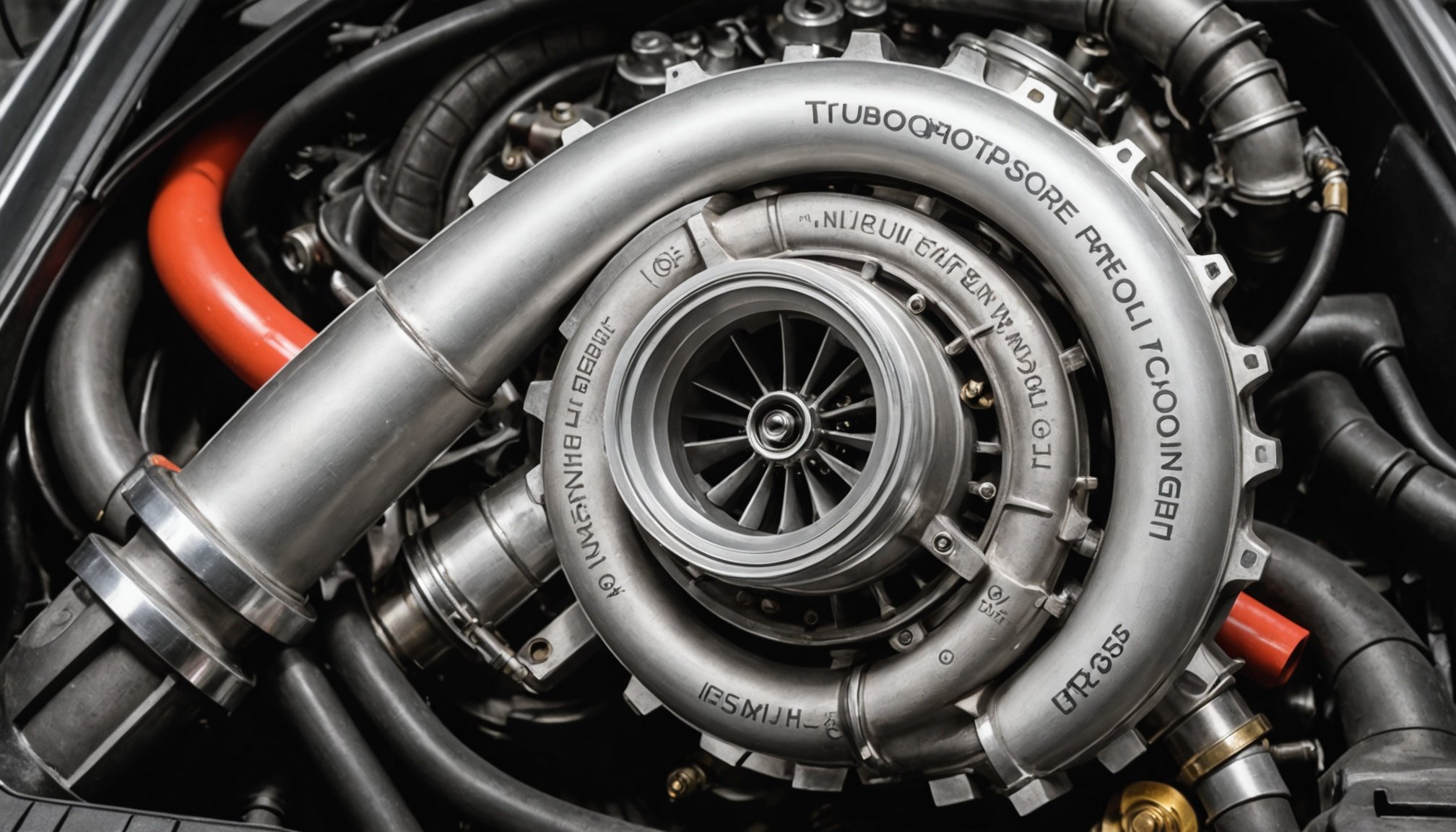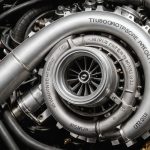In the realm of high-performance cars, the turbocharger has become a vital component. It allows for improved fuel efficiency and increased engine power. However, this essential addition to your vehicle’s engine needs meticulous care to function at its peak performance. In this article, we will discuss the steps necessary to ensure the proper maintenance of your vehicle’s turbocharger system.
Understanding the Importance of a Turbocharger
Before diving into the maintenance procedure, it’s critical to comprehend the importance of a turbocharger and its function. Turbochargers are incredibly efficient at compressing the air flowing into your engine, thus, increasing the mass of air entering the engine that results in higher power outputs. However, like any other mechanical component, it’s not immune to wear and tear. Without proper maintenance, your turbocharger’s lifespan can be dramatically reduced, leading to costly repairs or replacements.
Also to see : How can you ensure that a vehicle’s automatic transmission is functioning optimally for safety?
Regular Oil Changes
Arguably, the most critical aspect of turbocharger maintenance is regular oil changes. Turbochargers are high-temperature, high-speed devices that rely on oil for both lubrication and cooling. Old, dirty oil can clog your turbocharger’s delicate oil passages and cause damage due to inadequate lubrication.
Regular oil changes are an easy and cost-effective way to maintain your turbocharger. High-quality synthetic oil is recommended as it withstands high temperatures better than conventional oil. Remember to use the right grade of oil for your vehicle, as specified in the owner’s manual.
Have you seen this : What are the safety protocols for installing aftermarket suspension kits?
Routine Vehicle Checks
Routine vehicle checks are not only crucial for the overall health of your car but also for maintaining the longevity of the turbocharger. These checks should include inspecting the oil and coolant levels, as well as checking for any leaks.
A low oil or coolant level can spell disaster for your turbocharger system as it heavily relies on these fluids for operation. If these levels drop too low, your turbocharger can overheat, leading to a catastrophic failure. So, ensure to check these levels regularly and top up as necessary.
Periodic Inspection of Turbocharger Components
To ensure the optimal function of your vehicle’s turbocharger, it’s necessary to carry out periodic inspections of the turbocharger and its components. These include the turbocharger itself, wastegate, blow-off valve, and intercooler.
A visual inspection of these components can help identify any potential issues such as oil leaks, cracks, or loose connections. Also, listen for any unusual noises while the turbocharger is in operation. These could be signs of impending issues.
Proper Driving Habits
Interestingly, the way you drive can significantly affect the lifespan of your turbocharger. Aggressive driving can cause undue stress on the turbocharger, leading to premature failure.
One crucial driving habit to adopt is providing a ‘cool-down’ period after high-speed or heavy-load driving. This allows the turbocharger to cool down gradually and prevents damage from sudden temperature changes. Another good practice is to avoid flooring the accelerator as soon as you start the car. An adequately warmed engine is less likely to cause damage to the turbocharger.
In conclusion, maintaining a vehicle’s turbocharger system may seem like a daunting task, but with regular maintenance, regular checks, and adopting good driving habits, it becomes a manageable routine. Remember, a well-maintained turbocharger system not only boosts your vehicle’s performance but also prolongs its lifespan, saving you from costly repairs or replacements in the long run.
Maintaining the Intercooler System
To ensure your turbocharger system is running at peak performance, it’s necessary to pay special attention to the intercooler system. The intercooler’s primary purpose is to cool the compressed air coming from the turbocharger before it enters the engine. This cooling process increases the air’s density, allowing more air to be packed into the combustion chamber, resulting in higher engine output.
The intercooler, like other components of the turbocharger system, needs regular maintenance. It is advisable to conduct a visual inspection to check for any physical damages or leaks that could affect its efficiency. Clogged or damaged intercooler can cause the engine to run hotter, reducing its efficiency and potentially causing damage.
In addition to visual checks, cleaning the intercooler regularly is also essential. Over time, oil and other contaminants can build up in the intercooler, reducing its effectiveness. Using a suitable cleaning solvent can help in dissolving and removing these build-ups.
Ensuring Proper Turbocharger Lubrication
Another essential maintenance step for a turbocharger system is ensuring proper lubrication. The turbocharger’s turbine can spin at speeds up to 150,000 rpm, creating significant heat and friction. Proper lubrication helps reduce this friction, thereby increasing the turbocharger’s life.
Many vehicle owners often overlook the type of oil used. For turbocharged engines, synthetic oils are a better choice due to their ability to withstand higher temperatures. However, the frequency of oil changes should also be considered. Regular oil changes, as per the vehicle manufacturer’s guidelines, ensure the oil maintains its lubricating properties.
Also, keeping an eye on the oil pressure is equally important. Low oil pressure could mean that not enough oil is reaching the turbocharger, leading to increased wear and tear and potential failure.
The turbocharger is an invaluable component of high-performance vehicles, improving both power output and fuel efficiency. However, ensuring its longevity doesn’t come without some dedicated care. Regular oil changes, routine vehicle checks, periodic inspection of turbocharger components, proper driving habits, maintaining the intercooler system, and ensuring proper turbocharger lubrication are all key steps in the process.
Although some might find this maintenance routine to be arduous, the benefits certainly outweigh the time investment. A well-maintained turbocharger not only enhances your vehicle’s performance but also saves you from costly repairs or replacements in the long run. Remember, when it comes to the turbocharger system, prevention is always better than cure.











